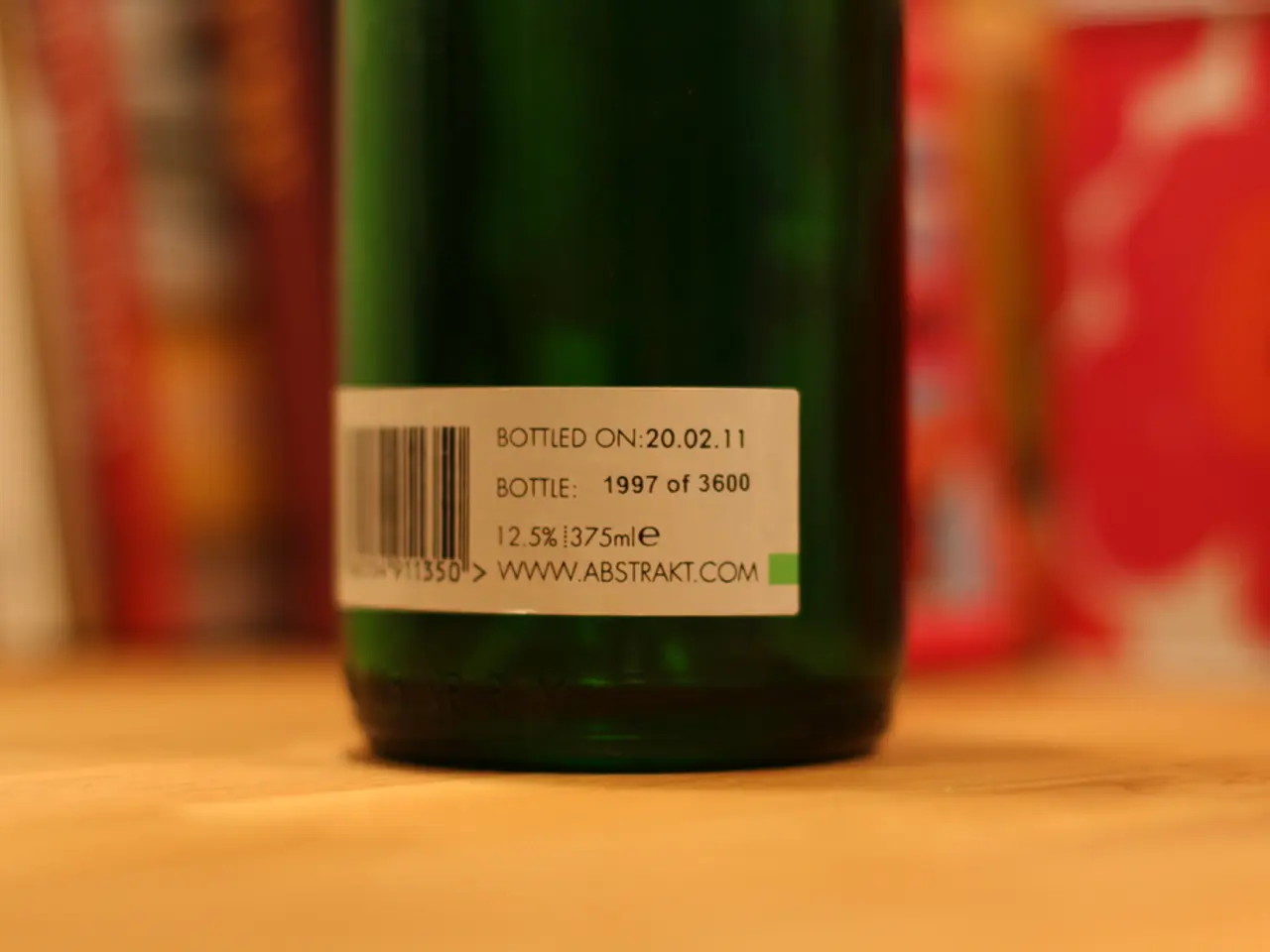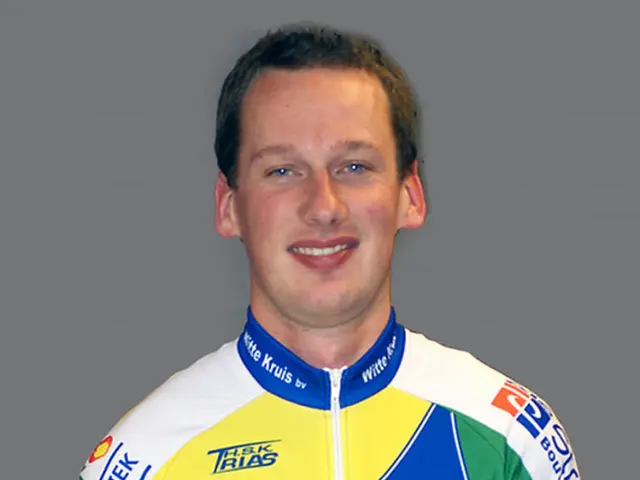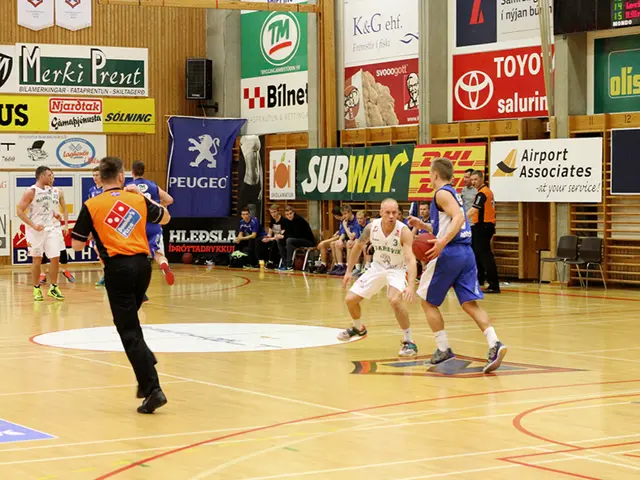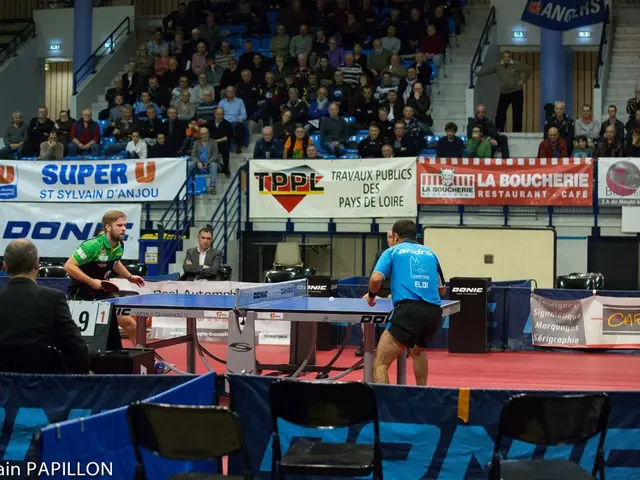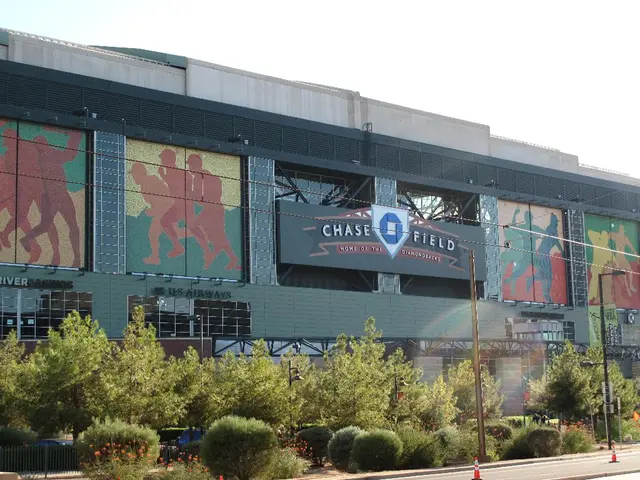Bayer is tirelessly working to substantially reduce glyphosate legal disputes by the year 2026.
In an attempt to significantly reduce glyphosate litigation in the United States by the end of 2026, Bayer has announced a multi-pronged strategy. This strategy involves substantial settlements, legal challenges, and financial provisions.
Key elements of Bayer’s approach to reducing glyphosate litigation include:
- Settlements: Bayer reached a major settlement with a plaintiffs' law firm, reducing unresolved glyphosate claims from 192,000 to 61,000. This settlement has resolved or dismissed over 130,000 claims.
- Legal Challenges: Bayer continues to appeal adverse rulings, including filing motions to transfer cases to higher courts such as the Missouri Supreme Court, and is awaiting a potential U.S. Supreme Court review of key cases involving glyphosate claims.
- Financial Provisions: Bayer allocated an additional €1.2 billion (part of an overall €1.7 billion provision) specifically for settling and defending glyphosate litigation, including costs arising from adverse legal rulings.
Bayer is also addressing related litigation, particularly PCB (polychlorinated biphenyls) liabilities. The company has recorded €530 million in additional provisions related to PCB cases such as the Burke case, the Sky Valley Education Center cases in Washington state, and other personal injury claims.
To offset the financial strain from these legacy liabilities, Bayer has adopted aggressive cost-cutting measures. This includes a €2.3 billion savings program and a workforce reduction of 12,000 jobs by 2026. Bayer has also relied on indemnification contracts from Monsanto dating back to 1972, which cover approximately 93% of PCB sales, as a legal and financial strategy to recover costs.
Despite these challenges, Bayer stands behind the safety and non-carcinogenicity of glyphosate. The company's Crop Science division sales increased by 2.2% during the quarter compared to the previous year, and the core business grew by 3% versus the prior year with seeds and traits up 11% for the quarter.
However, soy and cotton sales declined by 18% and 26%, respectively, due mostly to the Dicamba vacatur. To address this, Bayer has submitted registration applications for its "blockbuster herbicide" icafolin-methyl in the US, Brazil, Canada, and the EU, targeting an initial launch in Brazil.
Bayer's CEO, Bill Anderson, stated that every decision is made with the goal of moving past the litigation. The company is awaiting a decision from the Solicitor General on whether the Supreme Court of the United States (SCOTUS) will take up the case involving a $1.25 million verdict in a Missouri state court. The SCOTUS is expected to rule on the case involving glyphosate by the summer of next year.
Thousands of cases have been taken off the table through confidential settlements, and Anderson expressed optimism about regaining Dicamba registration for the next season, which could help soy and cotton pricing. Despite the ongoing litigation, Bayer aims to significantly contain glyphosate litigation by the end of 2026.
Sports are not mentioned in the given text. Therefore, two sentences containing the word 'sports' cannot be written that follow from the given text.
